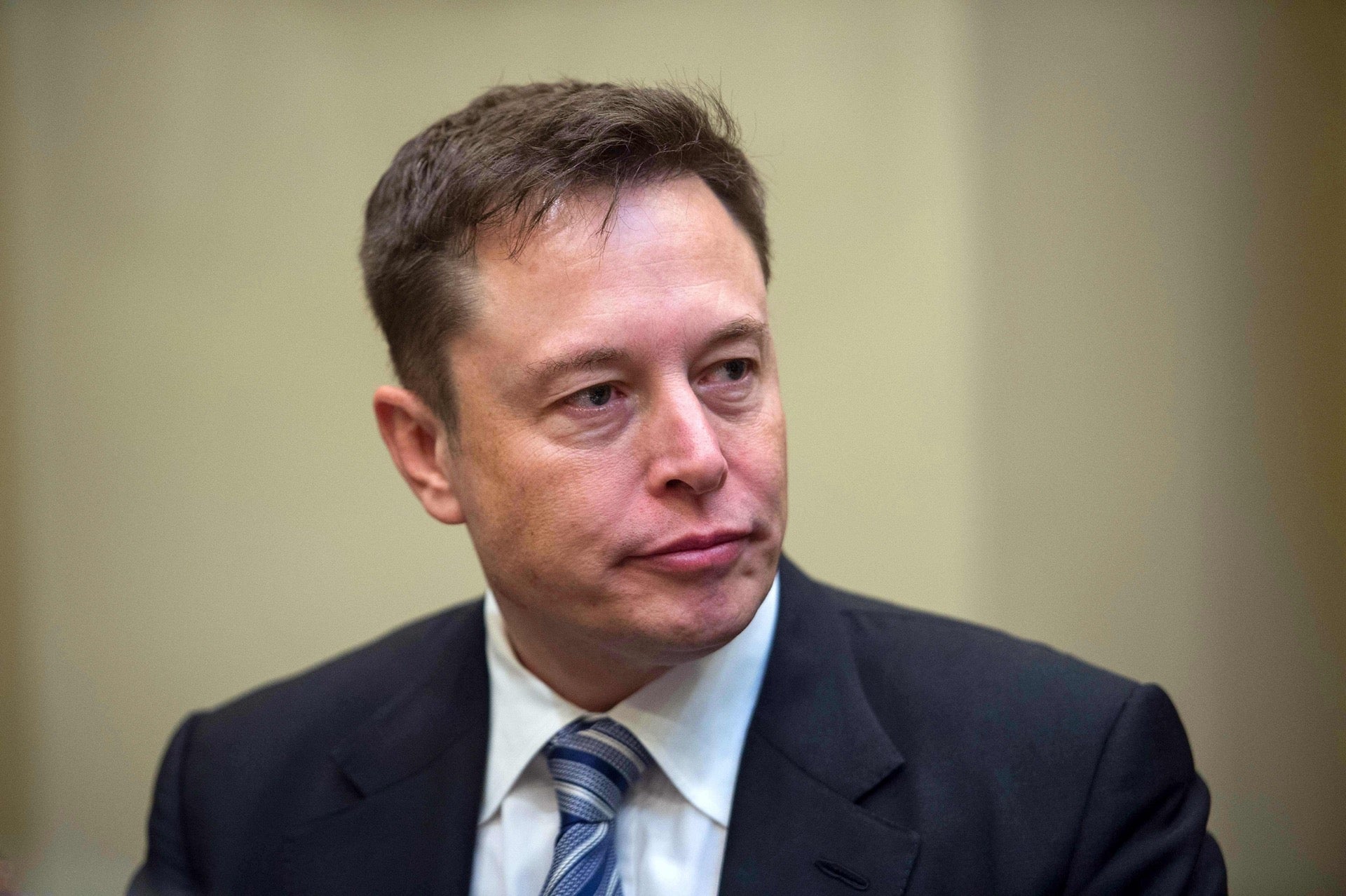There’s been much discussion of the decision this week by famous electric vehicle (EV) firm Tesla Motors to stop accepting bitcoin as a means of payment, citing environmental concerns – but in fact the move will have zero effect on carbon emissions.
“Energy usage trend over past few months is insane,” famous Tesla CEO Elon Musk tweeted on Thursday, referencing the Cambridge Bitcoin Electricity Consumption Index (CBECI) operated by the Judge Business School at Cambridge University.
At the time the CBECI estimated that the world’s bitcoin miners were using electricity at an annualised rate of 148.77 terawatt-hours per year (TWh/yr). This is, indeed, somewhat up on 128 TWh/yr as of two months ago, though bitcoin mining electricity measurement is a very inexact science.
Musk was seeking to justify his previous decision that Tesla will now stop accepting bitcoin as a means of payment for its cars, having begun to do so seven weeks ago on 24 March.
“We are concerned about rapidly increasing use of fossil fuels for bitcoin mining,” tweeted Musk. “Cryptocurrency is a good idea on many levels and we believe it has a promising future, but this cannot come at great cost to the environment.”
Perhaps Musk is right. Perhaps 149 TWh/yr is a very large amount of electricity. Electricity is mostly generated using fossil fuels, which means carbon emissions. That certainly sounds like a great cost to the environment.
How well do you really know your competitors?
Access the most comprehensive Company Profiles on the market, powered by GlobalData. Save hours of research. Gain competitive edge.

Thank you!
Your download email will arrive shortly
Not ready to buy yet? Download a free sample
We are confident about the unique quality of our Company Profiles. However, we want you to make the most beneficial decision for your business, so we offer a free sample that you can download by submitting the below form
By GlobalDataNonetheless there are some things which are worth pointing out here.
Very few people were buying Teslas with bitcoin – if any. And if they want to, they still can
There are no confirmed reports at all of anyone buying a Tesla car with bitcoin during the seven weeks that this was possible. It’s not easy to be sure, because Tesla is not answering press enquiries on the matter – or any other matter. The company appears to have shut down its press office last year. Musk has long had a troubled relationship with the media.
However it is possible to say with certainty that the process of purchasing a Tesla with bitcoin was a troublesome one involving a lengthy, tedious procedure including payment of capital gains tax and some risk of losing one’s bitcoin without getting a car. It is also certainly true that it would be an odd choice to make from an investment point of view as bitcoin has held its value over the seven weeks, whereas a Tesla, like any new car, would instantly depreciate significantly as soon as it was purchased.
It should also be added here that there are some verified cases in recent times of people converting bitcoin into normal currency and using that to purchase a Tesla, which is typically a simpler process than buying with bitcoin direct from the company. Such purchases can still, of course, take place and it seems pretty much a certainty that anybody who would rather have a new Tesla than some bitcoin will still make that trade.
Finally, it should be added that transferring existing bitcoin from one owner to another is not at all the same thing as mining new bitcoin: it involves a comparatively negligible amount of energy use.
In summary then, Musk’s decision:
- Affects transactions that few or no people were making anyway
- Has not in any way prevented just such transactions taking place by very slightly different means
- Has nothing in particular to do with bitcoin mining, which is what actually accounts for nearly all the energy consumption of bitcoin
Anyway, bitcoin mining emits an insignificant amount of carbon. Unlike cars
The second problem here is the inconvenient fact that bitcoin mining just doesn’t use very much energy.
You wouldn’t hear this from most news sources, of course. Beeb tech expert Rory Cellan Jones offers the following analysis: “The process of mining the cryptocurrency – which involves using vast amounts of computer processing power – uses more electricity each year than Malaysia or Sweden and is closing in on the annual consumption of Egypt.”
The real and shocking story there, of course, is that there are 10 times as many people in Egypt as there are in Sweden, and yet they hardly use any more electricity than the Swedes because they are so miserably poor. Another key fact skipped over by Cellan-Jones is that the Swedes are a tiny, insignificant fraction of the human race: 0.1% of it, in fact. We are clearly not talking about a lot of electricity here.
And in fact it gets a lot worse than that. Electricity accounts for only a small part of humanity’s energy consumption. The great bulk of the energy we use is supplied thermally, almost always by burning fossil fuels directly. In fact, according to the International Energy Authority (IEA), total global energy demand in 2019 was 14,385 Megatons-of-oil-equivalent (Mtoe), which is 167,000 TWh.
Or to put it another way, bitcoin mining accounts for well under a thousandth of total world energy consumption. Almost any other kind of business or industry uses more energy: typically a lot more.
Transport, for instance, has been assessed in recent years as using something like 25% of total world energy: that’s 250 times as much as bitcoin mining. Worse still in this context, according to the US Energy Information Administration, light-duty vehicles such as cars consume more than buses, trucks, shipping and railways combined.
If you want to talk about reducing energy consumption and carbon emissions, it would make a lot more sense to look at cars than bitcoin mining.
Musk’s Tesla cars, of course, are electric and thus some of the energy they use is low carbon: but this is also true of bitcoin mining. It seems a bit two-faced of him to condemn bitcoin mining for using electricity when his own industry uses enormously more.
Then there’s another inconvenient fact about cars. Only around half their energy consumption arises from actually using them as transport. The other half is due to manufacturing them in the first place: mining the ores, smelting the steel, melting sand into glass, refining oil into plastics, stamping and pressing and cutting and welding – and in Tesla’s case, making huge amounts of batteries out of exotic and polluting minerals. So far at least there has been very little in the way of serious attempts at making these activities sustainable.
Some have suggested that the move against bitcoin by Musk is merely a cynical attempt to manipulate the cryptocurrency markets as he has already done more than once, perhaps in favour of other currencies.
It seems at least possible, however, that he’s just trying to stop the eye of environmental criticism moving from his side hustle to his actual core business.
One thing’s for sure, anyway. Tesla deciding to stop taking bitcoin this week will have no perceptible effect at all on world carbon emissions.







Related Company Profiles
Tesla Inc